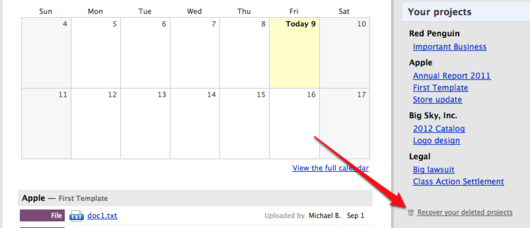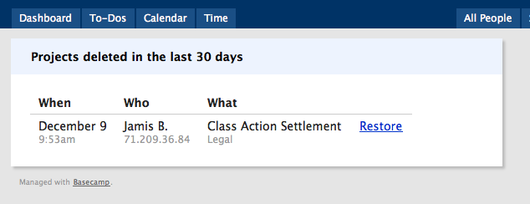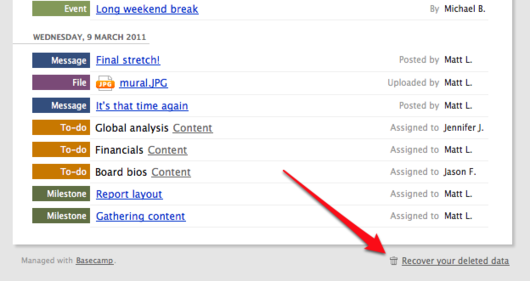Back in April, Nick wrote about our on-call programmer schedule. I think this system has worked really well for us, but I’ve noticed something about myself as I’ve taken my turns pitching in on support.
I tend to get really overwhelmed, really easily. And when I get overwhelmed, I become tense, stressed, and just generally miserable.
I’ve thought a lot about why this happens to me, and I’ve realized that it can be correlated to the number of issues currently in the on-call queue. When that pile of issues is small, life is great and I’m all smiles. When that pile grows deep, I begin to feel smothered and oppressed by it.
So, with that insight, I decided to try something new this time around. Initially, I thought that maybe apathy would be the answer. If I was feeling burdened by the queue because I felt a responsibility to clear it out quickly, maybe not caring about the queue would solve it? With this goal firmly held in my mind, I began working through a typically large Monday morning ticket-pile.
After working just a few tickets with this new mindset, I did feel a difference—I felt free of the burden of the queue, and the stress I usually felt on these Manic Mondays was notably absent.
But something else I noticed was that it wasn’t apathy that helped. It wasn’t that I didn’t care, it’s that I had scoped my area of care into something narrower. Instead of caring that the queue was large, or that the next few tickets seemed like they might be tricky ones, I focused my care on the ticket at hand.
Focusing on the moment has made the difference for me. On-call has gone from a roller-coaster of “HATE IT/LOVE IT” to a generally pleasing experience. I do what I have the immediate power to accomplish, and take the day one ticket at a time.






